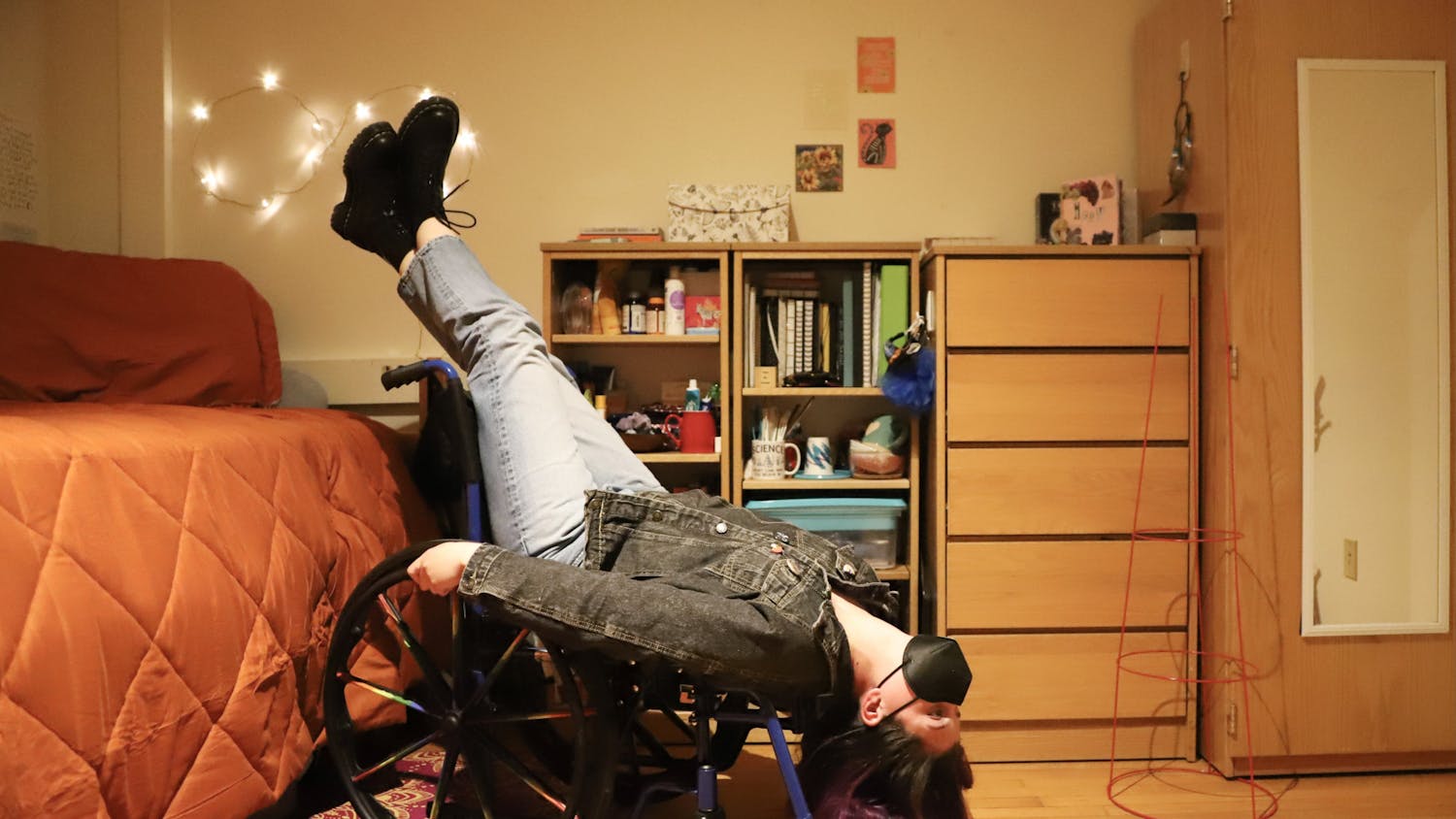After a nationwide search by a committee of faculty, staff and students, in association with the firm Storbeck Search, Middlebury has named Khuram Hussain as the next vice president for equity and inclusion.
President Laurie Patton announced the appointment in an email to the Middlebury community on Monday, April 18.
“The search committee was most impressed with the depth of Khuram’s expertise on inclusion and equity issues, his ability to implement a vision with conviction and compassion, his commitment to liberal learning, and his work across many aspects and in many different offices of higher education,” Patton said in the email.
Hussain will begin working at Middlebury on July 1, 2022. Currently, he lives in Geneva, New York, with his wife and three kids, where he serves as the vice president for diversity, equity, and inclusion and associate professor of education at Hobart William and Smith Colleges.
In an email to The Campus, Hussain described a lifelong commitment to diversity, equity and inclusion. He grew up in the rural Thousand Islands region of New York state in a working class immigrant family who originate from Pakistan and India. His first job after graduating from SUNY Oswego was as a teacher in the South Bronx, which is the poorest congressional district in the United States. He describes his experience as a teacher in this area as one of simultaneous hope and heartache.
“I think those two feelings, of heartache and hope, have followed me through my work as a school teacher, college professor, community organizer and administrator. So while I’ve chosen to take on a formal title within diversity, equity and inclusion, the work predates the title,” Hussain told The Campus.
Hussain follows the seven-year tenure of Miguel Fernández, professor of Luso-Hispanic Studies. Fernández was not involved in Hussain’s selection, but is assisting him with the transition into his new position.
“He brings an interesting background in multicultural education,” Fernández said. “He is very much a team builder and a collaborator. I think people will gravitate to him.”
Hussain described his favorite aspect of his work as something he calls bridge building, which he is eager to continue at Middlebury.
“When we connect people in spite of historic divisions, I think it shifts so much about how we are able to participate in community and even what a community is capable of being. A critical aspect of bridge building is elevating voices, stories, and ways of knowing and being that have been marginalized, misrepresented, and erased from the center of a learning community. Centering these voices allows all of us to better understand one another and feel understood,” he said.
Hussain acknowledged the challenges in building connections.
“With few exceptions, institutions of higher education were not built for everyone and actively excluded many. Yet today we actively recruit historically marginalized students and educators. So we are presented with vestiges of policies, practices and knowledge systems that have not included the cultural contributions and genius of a broad diversity of peoples. In turn, we are challenged to broaden the circle of who educates, what we learn about, how we learn it and what institutional values we uphold,” Hussain said.
Hussain also emphasized the importance of all students in diversity, equity and inclusion work.
“I believe there isn’t a student on this campus for whom this work is not relevant. I hope Middlebury students will join me in the conversation and share with me the work that matters to them so we can collaborate, celebrate and recognize one other,” said Hussain.
Fernández also spoke about his hopes for the future of diversity, equity and inclusion at Middlebury.
“I hope that the college continues to work hard at creating an environment that is welcoming to all and where everyone feels a sense of belonging,” Fernández said. “I think the work that we’ve done is moving us in that direction. I hope Professor Hussain will recognize the areas our work has not yet been able to target. I think Middlebury has the potential to be a leader in this area.”
Hussain has begun preparing for his new role.
“While I don’t officially take on my new role until July, I am listening and learning and am in the process understanding the challenges at Middlebury,” he said. “In the meantime, I would offer to any student reading this to feel free and welcome to reach out to me to share or simply to say hello.”



